
Wait, Sex Messes With My Test?
Did you know that something as simple (and fun) as ejaculation can totally mess up your next PSA test? I didn’t either—until my own urologist friend told me a story about a patient sent into a panic by his high PSA levels after ejaculation. It’s the kind of thing nobody warns you about in health class, but honestly… it matters, especially if you’re in the habit of regular prostate checks.
So, let’s break this down, human-to-human. If you’re worried about mysterious PSA spikes, or just want to avoid a heart-stopping conversation with your doctor, stay tuned. We’ll answer all the stuff you’re too embarrassed to Google. And yes… we’ll chat about high psa levels after ejaculation in real-life language.
What Is PSA and Why Does It Go Up?
First off—PSA stands for “prostate-specific antigen.” It’s a protein your prostate gland makes. A PSA test checks how much is floating in your blood. Doctors use it like an alarm bell for all sorts of stuff: prostate cancer, sure, but also infections, BPH (benign prostatic hyperplasia), you name it. The problem? Loads of totally normal things can goose those numbers—including, you guessed it, a healthy sex life.
Here’s what’s wild: research on, well, “post-ejaculatory” PSA spikes has been around for decades, but almost nobody brings it up. You do the deed the night before your checkup, your PSA test comes back high, and suddenly you’re on a rollercoaster of emotions. Not fun.
How Does Ejaculation Raise PSA?
The science is pretty clear: when you ejaculate, the prostate squeezes out PSA into the seminal fluid (that’s what it’s supposed to do). But—some of that PSA leaks into your blood right after.
One fascinating study, quoted everywhere from medical journals to cancer.gov’s PSA test factsheet, found that serum PSA jumped an average of 41% just an hour after ejaculation in guys aged 49 to 79. That’s not a typo—forty-one percent! But hold up… it starts dropping pretty soon after. The spike fades for most men within 24 to 48 hours. Kind of like that post-gym glow—fleeting, but can definitely throw off the numbers.
| Time After Ejaculation | Average PSA Change | % of Men Affected |
|---|---|---|
| 1 hour | +0.8 ng/mL (about 41% rise) | 87% |
| 6 hours | +0.3 ng/mL | — |
| 24 hours | +0.2 ng/mL | — |
| 48 hours | Back to baseline for 97% | 97% |
So if you’ve got a test coming up, having sex (or even just, uh, “taking care of things” solo) can make your results look way scarier than they are. Something most folks aren’t warned about, right?
Does Age Make a Difference?
Absolutely. If you’re over 50—heard of BPH? That’s the age where the prostate naturally gets bigger. A real joy. Things like age, prostate size, and even inflammation can cause steady increases in PSA without anything actually being “wrong.” But add a recent orgasm? Results can bounce even higher, especially in those who already have borderline PSA levels. According to research on men above and below 50, the spike is more likely to make a clinical difference if you’re older or already flirting with the upper end of “normal.”
Personal note: my uncle (the type who’d rather suffer in silence than ask a doctor) once had his numbers shoot above 4 ng/mL after a weekend in Vegas. His doctor just asked, “Any, um… ‘activity’ lately?” and told him to wait a couple days and repeat. PSA: dropped like a rock. Crisis averted, family jokes for life established…
Sneaky PSA Spikes: Not Just Sex
Now, you might be thinking, “Okay, so if I avoid sex for a day, I’m golden?” Well… probably, but life’s rarely so simple. Your PSA is a bit of a drama queen—lots of things make it go up and down. Let’s name a few:
- Inflammation and infections: UTIs, prostatitis, or even the common cold (if it triggers inflammation) can jack up PSA readings according to Healthline’s men’s health team.
- Exercise: Love intense cycling? Those hours on the bike seat can irritate the prostate, nudging PSA higher for a day or two per cancer.gov.
- Prostate exams and procedures: Even something as simple as a recent digital rectal exam can mess with your levels.
- Medications: Drugs for BPH or hormone therapy often lower PSA, but those changes can make test interpretation trickier.
- BPH (enlarged prostate): This one’s chronic, not a quick blip like high psa levels after ejaculation. You’ll see steady higher numbers here, not a one-and-done spike.
It’s like a perfect storm. Have you ever gotten a blood test after a cold, a long bike ride, and a little “alone time”? The numbers could be all over the place! That’s why crack-ups (or freak-outs) about PSA mean you’ve got to look at everything going on—not just the number in a vacuum.
How Long to Wait?
So, let’s get practical: how long between sex (or solo play) and a PSA test for the real, “clean” result?
Doctor after doctor says: wait at least 48 hours. Ideally, go for two days without sexual activity before a screening. Most research matches up—by 24 to 48 hours, nearly everyone’s PSA is back to their regular, pre-hanky-panky baseline according to clinical studies on 64 men ages 49–79. If you’re super anxious or had borderline results, waiting a bit longer (maybe 72 hours) certainly won’t hurt.
And if your clinic visit kind of snuck up on you? Be honest. Urologists hear it all. It’s no different than telling your dentist you forgot to floss (again). Just ask if your test can be rescheduled or repeated—way better than worrying over a number that’s not the real you.
For a more detailed breakdown of the best timing, this rundown on How long to wait for PSA test after ejaculation is spot on and easy to follow.
Stories From The Front Lines (Anecdotes Galore)
Just to keep it real—here’s a nugget from a close friend. He got his first PSA test at 52. PSA was a bit high. Doctor asked about symptoms… nope, feeling great. But then, sheepishly, my buddy remembered he’d, uh, celebrated his anniversary the night before. Doc just smiled, scheduled a repeat after a weekend off, and—presto!—totally normal. Not cancer. Not even BPH. Just “too much togetherness” at the wrong time.
For some of us, hearing real stories beats reading medical stats. Raise your hand if you or someone you know has ever panicked after a test, only to realize something silly explains it all. You’re not alone.
The PSA Lowdown—Let’s Summarize
- PSA is a useful (but finicky) marker for prostate health.
- High psa levels after ejaculation are normal. They are short-term, peaking 1–6 hours after and back to baseline in 24–48 hours according to published clinical results.
- Other things—age, BPH, infections, exercise, even medical exams—can cause short-term or steady jumps.
- If you want clean, true numbers, give yourself a 48-hour break from sexual activity before your blood draw.
- If your test is unexpectedly high, don’t panic. Just talk to your doc, mention any recent, uh, “activity,” and consider a repeat after a chill period.
And if you’re curious about all the non-cancerous reasons your levels could be up (besides high psa levels after ejaculation), check out this helpful take from Healthline’s take on high PSA with no cancer.
Making It Personal: When Should You Worry?
It’s easy to spiral if you see a high result on your patient portal at midnight. The urge to Google every worst-case scenario… it’s real. But, take a breath: PSA is only a puzzle piece, not the whole picture. Want to know the dirty little secret? Most false alarms are explained by things like sex, exercise, or a mild infection—not just cancer. Even doctors admit they’ve seen a hundred “scares” for every real crisis.
If you have symptoms—blood in urine, burning, pain, or your doctor’s actually worried—yes, follow up fast. But if you’re feeling fine, no symptoms, just a “bad” number after a wild weekend? Wait, repeat, and see if the storm passes. Odds are good it’s just ordinary, boring biology.
And let’s be honest… how often do we take the time to ask our doctor simple questions like, “Should I abstain before this test?” If you need a cheat sheet, here are a few to keep in your pocket:
- “How long should I avoid sex or intense exercise before my PSA test?”
- “If mine’s high, can we re-test?”
- “Could this be BPH, prostatitis, or something else non-cancerous?”
- “Is my risk profile different because of my age or family history?”
Want to go all-in on the science? Seriously, don’t miss this solid resource on high psa levels after ejaculation naturally for even deeper info and peace of mind.
Conclusion: Get The Real Picture—Not a Panic Attack
Let’s call it like it is: nobody wants a PSA scare. But nobody wants to give up a happy, healthy sex life either. Luckily, you don’t have to choose. The numbers are clear—if you time your test right, a huge chunk of “high” results disappear on their own. Abstain for 48 hours before your PSA blood draw, skip the gym or long bike rides, and speak up if anything feels off. You’ll save yourself (and maybe your doctor) a lot of stress and overthinking.
PSA tracking is important, sure. But don’t let one wild week—or a few private moments—define your health journey. Knowledge is power, and now? You know how to dodge the most common false alarm of all. Take care of yourself, stay informed, and remember: real life is messy, but you’ve got this! And if you forget and slip up before your next test? Laugh it off… and schedule a do-over. Your peace of mind is worth it.

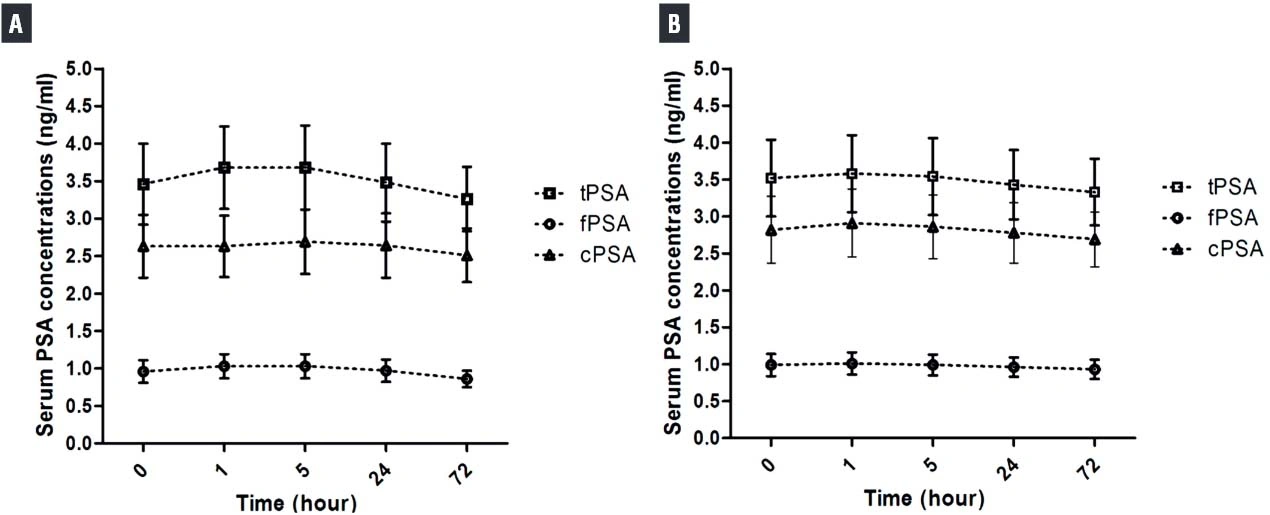



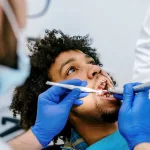
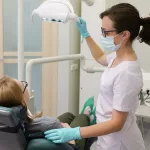



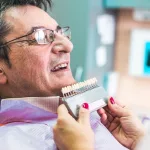



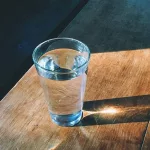



Leave a Reply
You must be logged in to post a comment.